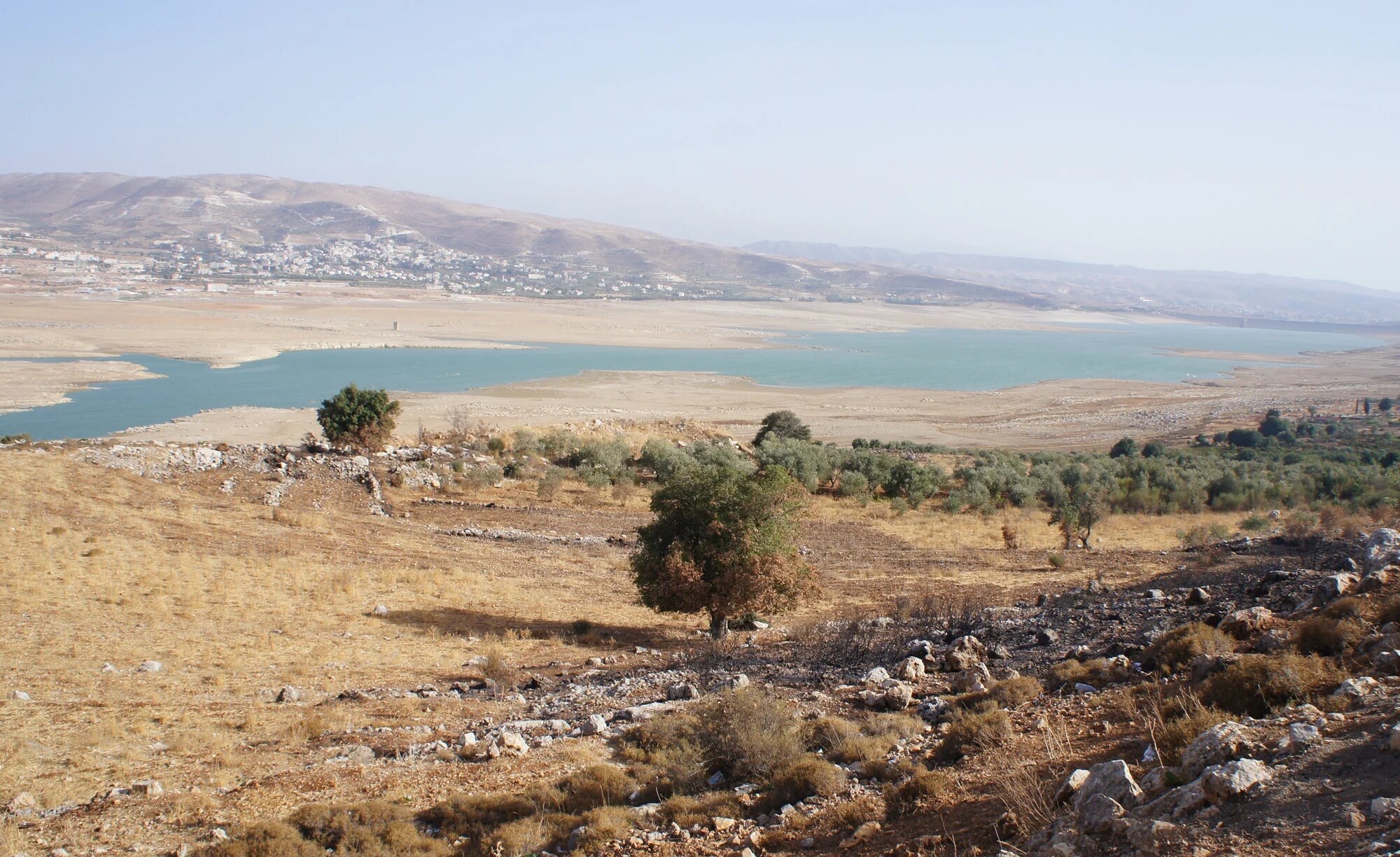On Tuesday, Reuters reported that water levels in the LitaniRiver, Lebanon’s largest reservoir, have fallen to historic lows in what is described as the country’s “worst drought on record”.
According to the report, the Litani River National Authority indicated that inflows to the Qaraoun Lake during this year’s wet season did not exceed 45 million cubic meters, well below the 350 million cubic metres annual average, with the issue likely to cause significant harm to vital sectors such as agriculture, electricity production, and water supplies.
Compounding Agriculture’s Existing Issues
Lebanon’s agriculture sector has long been underfunded and mismanaged. Between meagre allocations in successive government budgets and the widespread inequalities in land ownership, the decrease in water levels is likely to significantly impact agricultural workers and those whose livelihoods depend on the sector.
This comes at the background of several years of socioeconomic crisis, and the latest conflict which forced many farmers to put a halt to their activities, with many losing their seasonal income and/or land and properties, impacting both short-term and long-term livelihood opportunity access and agricultural activity.
Lebanon’s agricultural sector also suffers from severe mismanagement on the technical level, with a large portion of activities still dependent on old techniques and tools, which are more inefficient and use large quantities of water.
Energy and Water
The reduced levels of water are also likely to exasperate Lebanon’s chronic energy and electricity production issues, especially during the current hot and humid summer season. The portion of Lebanon’s electricity production that relies on hydropower and the water used for cooling thermal power plants are some of many potential areas that are likely to be impacted by the decrease in water levels.
Meanwhile, Lebanon’s water distribution networks continue to suffer from chronic issues, with many households across the country suffering from inconsistent water access and relying on ad hoc supply.
Finally, Lebanon’s water issues are likely to have consequential impacts on an extremely wide range of sectors, significantly harming the country’s socioeconomic rejuvenation prospects and weakening the country’s resilience to socioeconomic shocks and its adaptation to chronic crises.


